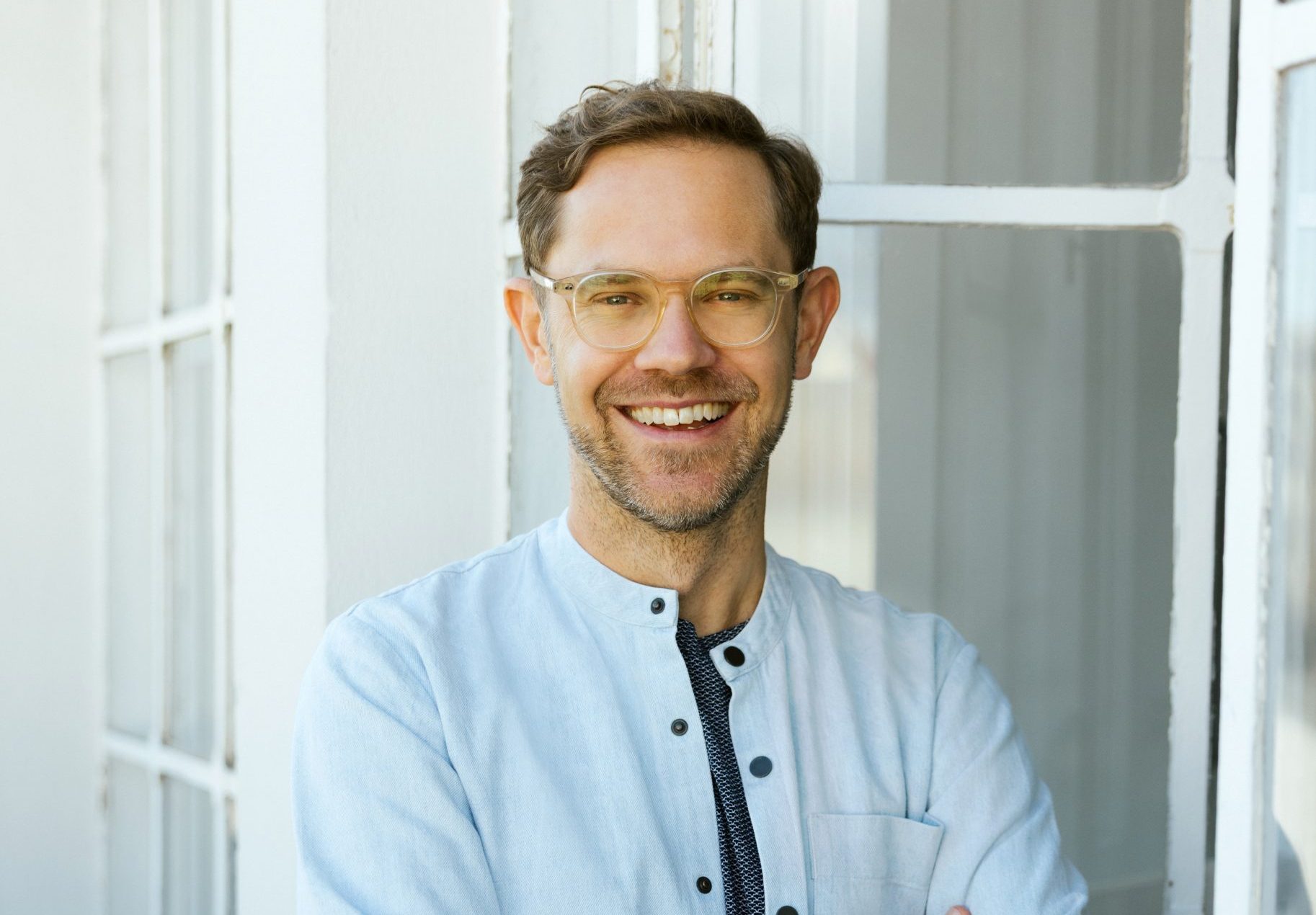Bananas and cocoa in Latin America: An interview with our LATAM Region Operations Manager, Lukas Beigel
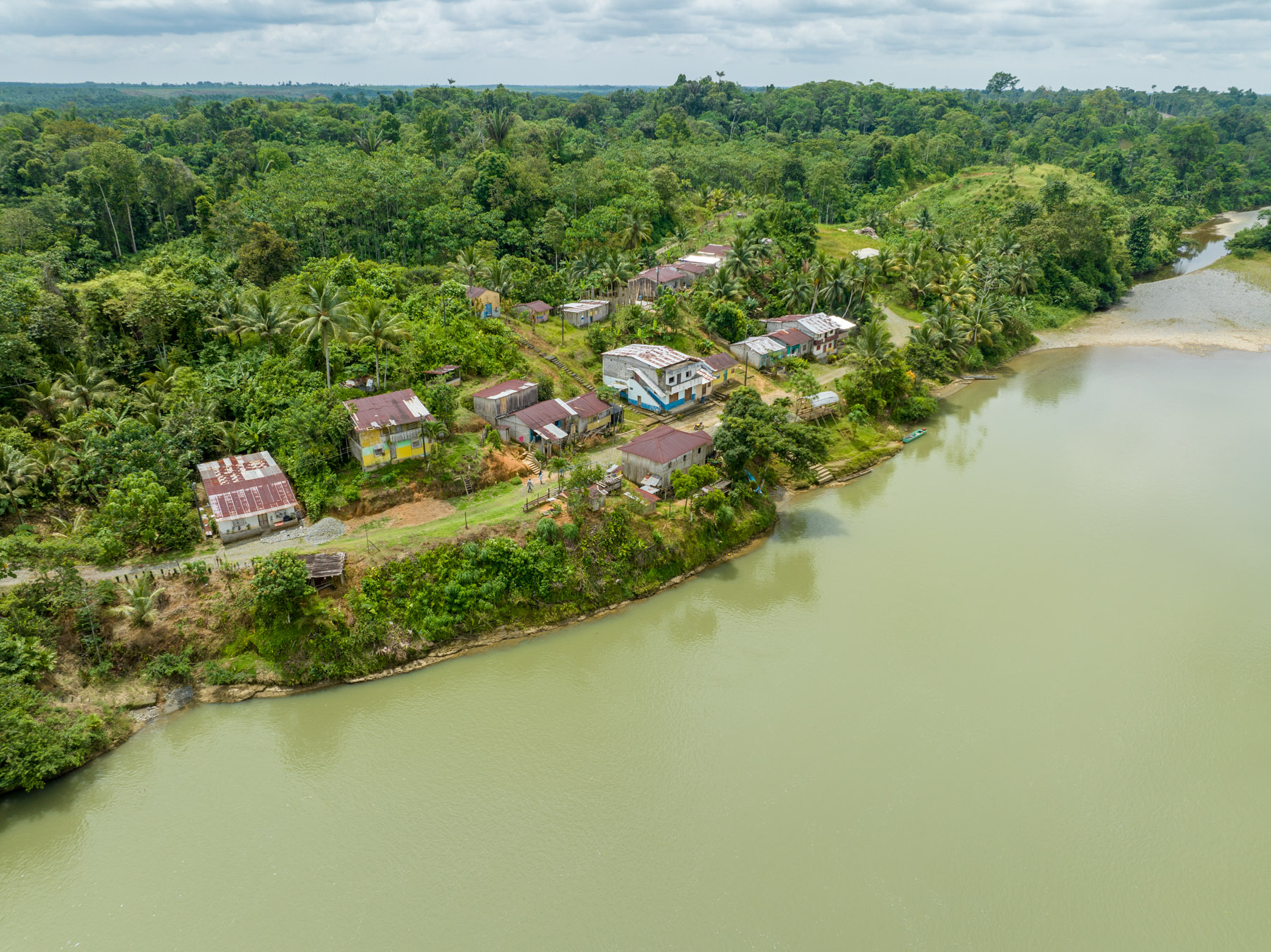
Our interviews with Elucid team members around the world have taken us from Ghana, to Cote d’Ivoire, and now, across the Atlantic over to Latin America in Venezuela and Ecuador. In this latest interview, Lukas Beigel, our LATAM Region Operations Manager, dives into the region’s specific supply-chain challenges, healthcare access and the banana-trade.
What is your role at Elucid, and what does your day-to-day work entail?
I work as the Operations Manager for the LATAM Region, where we are currently active in Venezuela and Ecuador. I started at Elucid right at the beginning of our programs in these countries and had the opportunity to accompany the entire process. My day-to-day work changes depending on the program phases. At the moment, we have three ongoing programs that are already in their second or third year. Here, my tasks are mainly administrative: overseeing claim management and financial aspects, channeling feedback to healthcare providers, and supporting local project officers in planning upcoming activities such as medical visits. We also have a new program in its initial phase, which is very exciting. In this stage, I work closely with the team to design the health program and select healthcare providers. Once this is done, we set up contracts, and I configure the Elucid platform for registering beneficiaries and ensuring it is ready for use by healthcare providers for claim filing.
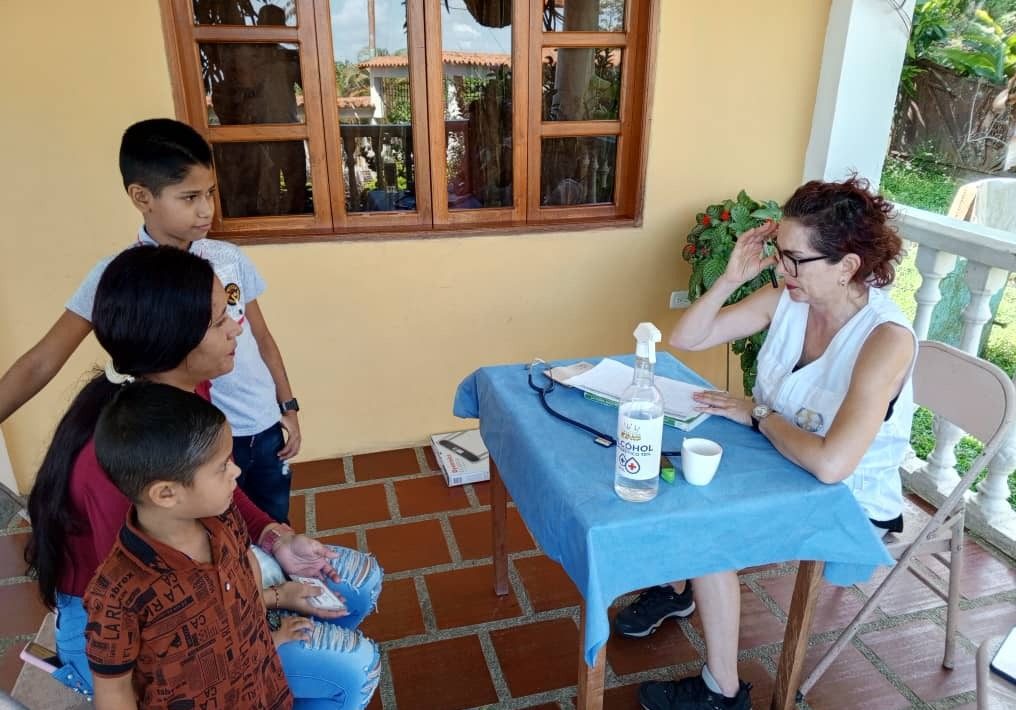
What do Elucid’s projects in Latin America look like, and what does our daily work on the ground involve?
Our healthcare programs in Latin America benefit from strong relationships with the associations representing the farmers and workers who are our beneficiaries. These partnerships allow us to stay closely engaged with the communities, while also helping us manage challenges such as the wide geographical spread of beneficiaries, the remoteness of certain areas, and shifting conditions like changes in public healthcare services. Our project officers maintain constant communication with association representatives and respond directly to requests from beneficiaries. Together with our local healthcare partners, we plan and carry out medical visits, meet with communities to gather feedback on the program, and share updates. In addition, our project officers support healthcare providers with claim filing to ensure smooth processing through our digital platform.
Much of our work is in sub-Saharan Africa, and we’ve written lots about challenges farming families face there. What do you think the main hurdles are for farming families in Latin America, specifically Venezuela and Ecuador where we work?
Farming families face many different challenges, depending on the sector they work in and the location they live. Poor infrastructure and a lack of public transport are among the main concerns. Healthcare facilities are often located in larger villages far away, making access difficult. Many of the communities we work with can only be reached by boat or with special off-road vehicles. In addition, public services are often inconsistent—people may not know when a doctor will next visit or when essential medications will be available again.
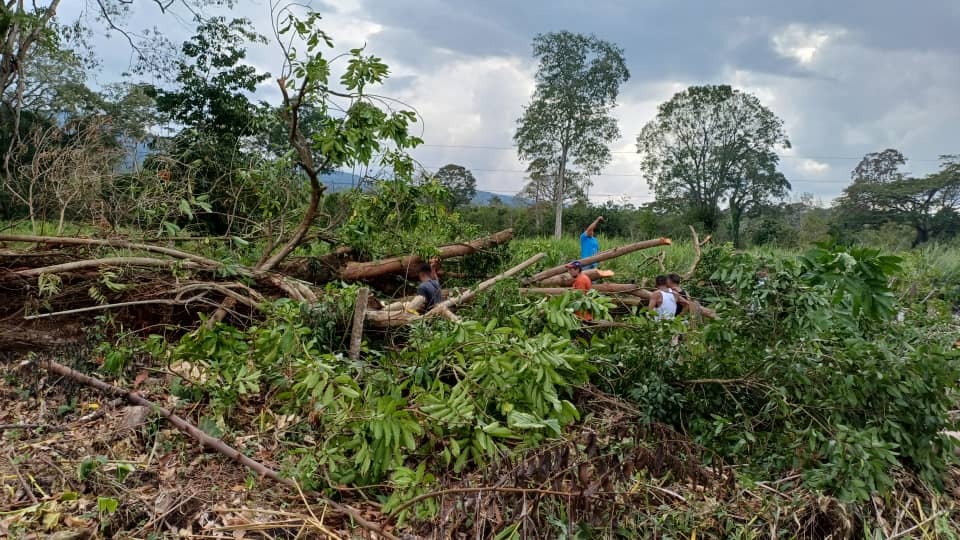
Some of our work in Latin America is in the banana supply chain, what are some interesting facts or aspects of this supply chain that not many people know about?
Unlike the cocoa or coffee supply chains, work on banana farms is structured differently, as most workers are contracted rather than having a direct stake in the farm. This setup can create less stability, with many workers employed across several farms at the same time. To address this, the farms we work with collaborate through associations, which allows them to share their workforce and provide greater continuity.
Work on banana farms also follows a different rhythm: many workers are needed mainly during packing days—one or two days per week, when trucks arrive and cartons destined for supermarkets worldwide are filled. As a result, workplace and home life are often more separated, with many workers living in urban centers and only traveling to the farms for work. These particular conditions shaped the way we designed our healthcare program. To make services accessible, we combined medical visits near the workplaces with additional healthcare providers in the workers’ home communities.
What’s one of your favourite memories, or impactful moments from your work with Elucid in Latin America? Tell us why it stuck with you.
For me, the most rewarding part of my work, and the moments that have stayed with me the most—are the exchanges we have with beneficiaries, the farmers, and their families when we discuss what Elucid is doing, what we aim to achieve, and how this might take shape in their communities. It is inspiring to see the visions and ideas people bring, the active role they take in shaping our programs, and how the work we do is truly only possible through collaboration. This engagement begins from the very start, when people suggest services not currently available through the public system, such as pediatric check-ups or ultrasounds during pregnancy. It continues when we plan medical visits, sometimes even taking place in farmers’ homes, where families prepare spaces for the doctors and provide meals. Later, we meet again to receive feedback and discuss ways to improve the program. While specific medical cases are managed closely by the doctors and healthcare workers we partner with, it is these discussions, the active engagement, and the ideas shared by the communities that most motivate me to create the best possible program. I see our role as contributing to realizing their vision for better health and stronger community life.
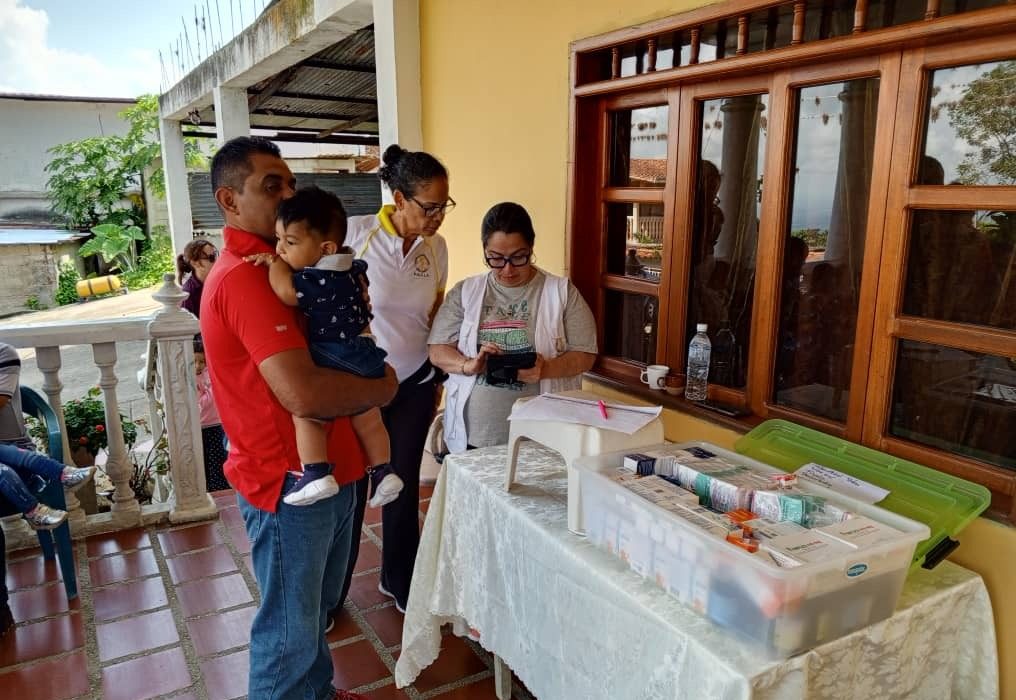
What are you looking forward to in Elucid’s future work in Latin America?
In Latin America, the public healthcare sector has a long and strong tradition, and many of our beneficiaries still remember periods when services functioned very well. The main challenges today are the fluctuation in service availability and the difficulty of covering remote areas, where much of our work takes place. The public sector takes pride in its universal coverage and completely free service provision. While this has brought many positive outcomes, it has also created bottlenecks that are harder to overcome, particularly since partnerships with the private sector have often been politically difficult to establish. At Elucid, we have been able to foster productive collaborations with both the public and private sectors, always aiming to complement and not replace existing healthcare services. I look forward to further strengthening these partnerships and scaling them up, with the hope of creating an example that could inspire similar approaches in other contexts, ultimately improving continuity and access to healthcare.



